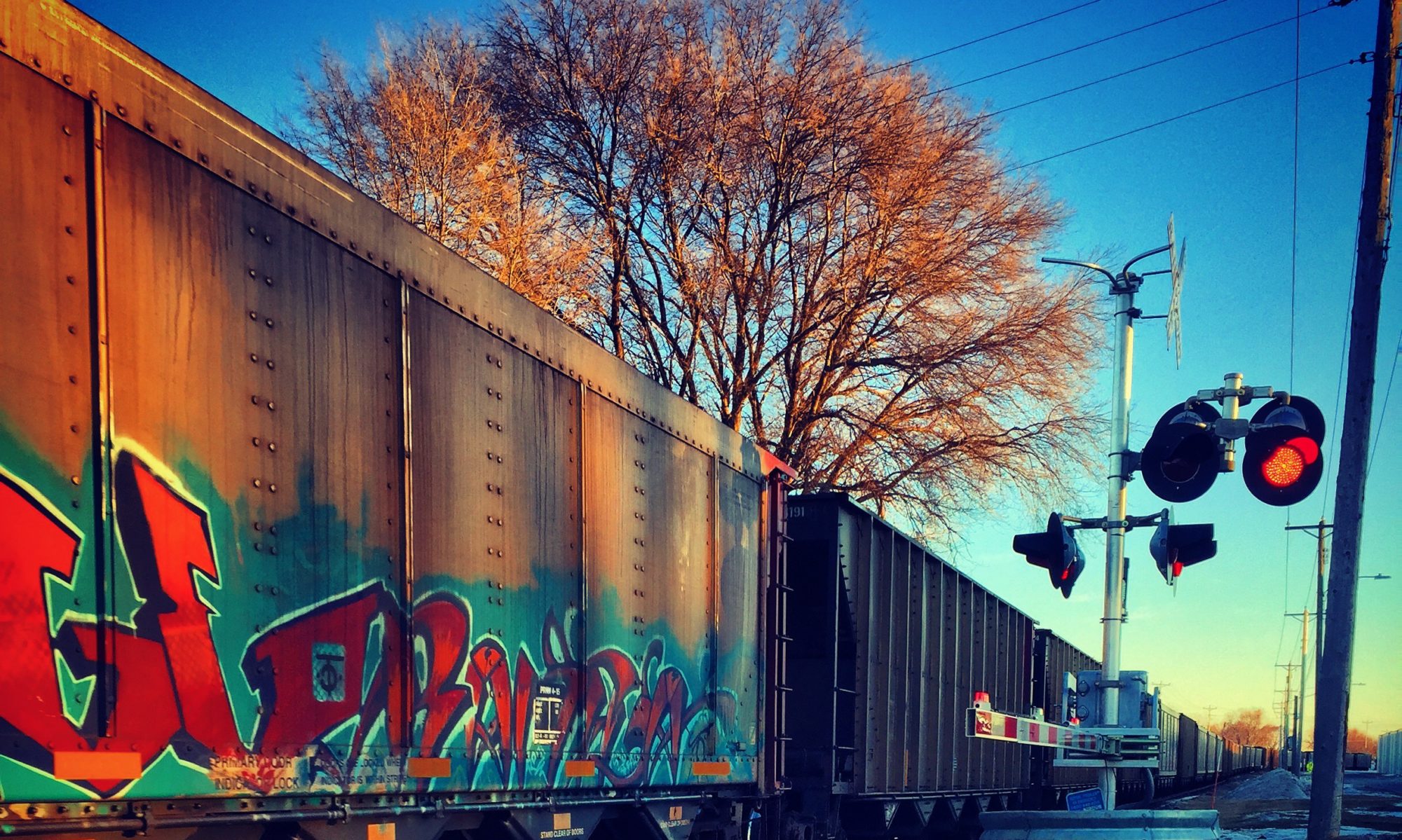
I talk, daily, with a lot of people who manage a lot of Facebook brand pages. From major national retailers, to a small local coffee shop. We all seem to be trying to game understand the news feed and how to get our content in front of users on Facebook.
We’re quick to blame algorithm changes, or a greedy “pay up” approach, but the truth is… it still just comes down to our content.
The new feed is built, and continually rebuilt to display content it thinks the user wants to see. That’s content from friends, family and brands.
When we post content that tells the user how awesome WE are, we post content they have little interest in, or get little value from. It isn’t that Facebook just wants us to pay. Facebook isn’t showing that to our fans… because our fans don’t want to see it.
While not perfect for this measurement, a readily available public metric of engagement for any Facebook page is the “talking about this” stat. Brands that are largely self promotional (see Coca-cola, and McDonalds) see that stat at about 1% of their overall “fan” base.
Brands that present content of value (often publishers… see Mashable, or USA Today) are seeing that number closer to 10-15% of their fan base.
As brands lament the lower impressions being given to inbound links, those publisher pages are primarily all links.
So, as we watch our content impressions drop, the sobering reminder is that it’s probably our fault.

I think Facebook’s determination of what I (or anyone) want to see is fundamentally flawed. As a page owner/manager, I am conscious of what is posted and might or might not show up in our followers’ news feeds. But, when I look at what shows up in my feed or the feeds of the pages I manage, there is clearly a huge gap in what I want to see and what Facebook provides.
There are other models that are more effective, in my opinion – Pandora tailors what songs play next based on feedback I’ve provided (thumbs up/down, skip), and Google News allows me to pick categories, then use sliders to adjust the volume from each category and source. In all social networks, we have created our networks and can include or exclude to fit our needs. We have already done much of the filtering ourselves.
Members of Facebook will quickly turn to other sources for updates from their network if Facebook continues to decide what will be shown. For that, Facebook is completely at fault.
Steve
Well said, Steve.
I think I just tend to use the easy “out” of blaming the technology exclusively, when more often than not, it’s my content creation